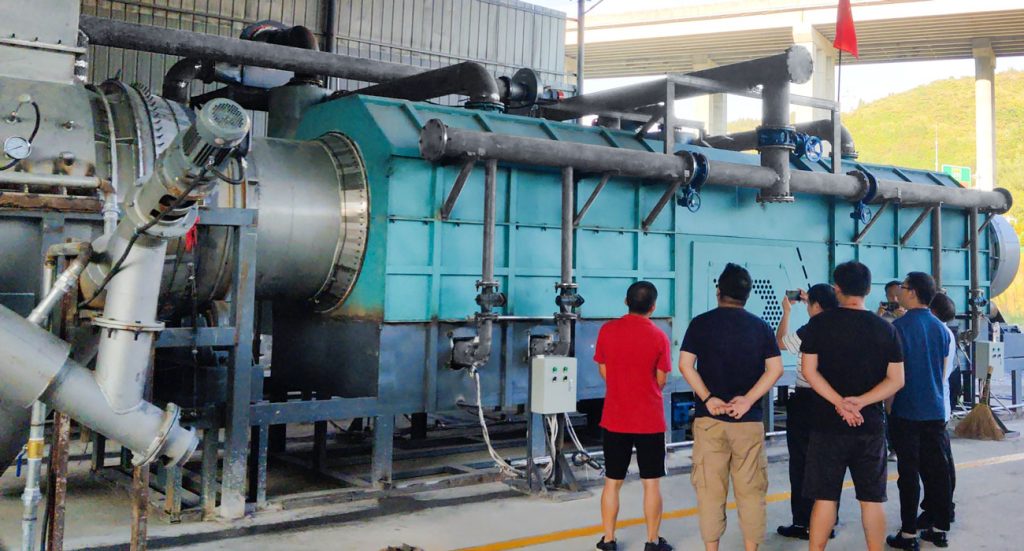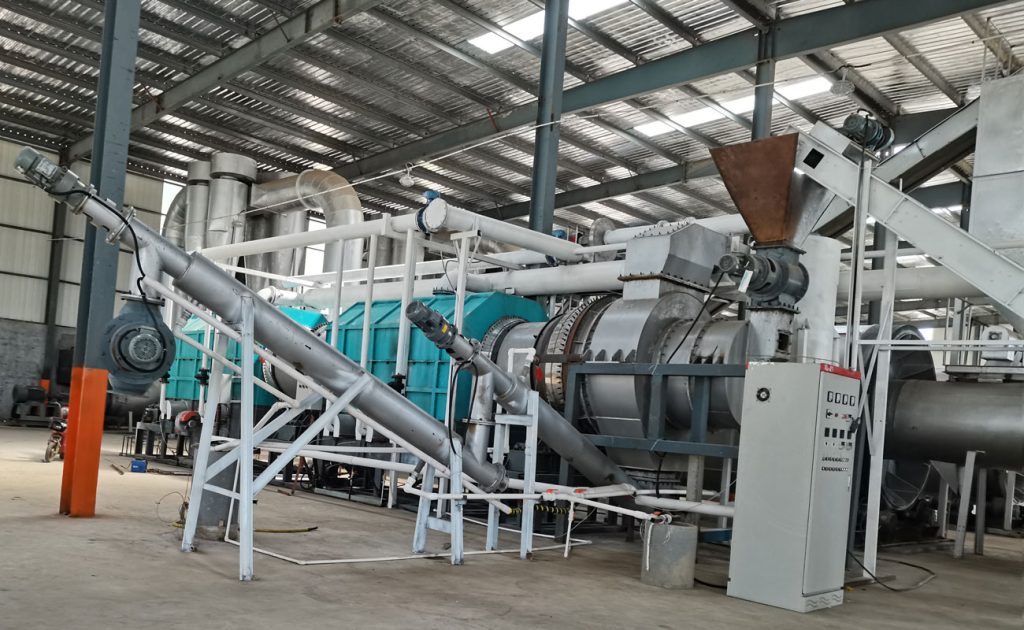In the realm of industrial pursuits, charcoal making stands as a venerable craft, marrying tradition with the demands of contemporary markets. However, embarking on a charcoal production project is no whimsical undertaking; it demands a meticulous navigation through the regulatory landscape.
Regulatory Tapestry
- Environmental Clearance
Before the first ember is sparked, securing environmental clearance becomes a cornerstone. Environmental Impact Assessment (EIA) is a non-negotiable step, assessing the potential ecological ramifications of your charcoal making machine. Expect scrutiny on emissions, waste disposal, and land use.
- Forest Management Approval
Given the primary raw material for charcoal is wood, forest management approval is pivotal. A nod from the forestry department ensures sustainable harvesting practices, averting deforestation pitfalls. It’s a regulatory sentinel against ecological imbalances.
- Air Quality Management
The incendiary process integral to charcoal making begets emissions. Obtaining clearance from the relevant air quality management authority is non-negotiable. Compliance with emission standards is the litmus test for the environmental soundness of your production.
- Occupational Health and Safety Compliance
In the crucible of production, safeguarding the workforce is paramount. Occupational Health and Safety (OHS) compliance, with a meticulous eye on workplace conditions, is both an ethical and a regulatory obligation.

Legal Mandates
- Business Registration
Before the wood charcoal making machine are aflame, the formal genesis of your venture begins with business registration. This mundane yet indispensable step is the gateway to legal recognition, framing your enterprise as a legitimate player in the realm of charcoal making.
- Licensing from Local Authorities
Beyond overarching national regulations, local nuances must not be overlooked. Licensing from municipal or district authorities is a jurisdictional prerequisite that varies. Navigate the intricate mosaic of local regulations to avoid legal entanglements.
- Fire Safety Certification
Given the inherent combustibility of the charcoal making process, acquiring fire safety certification is non-negotiable. Proactive fire safety measures are not only regulatory mandates but are vital for the preservation of life and property.
Quality Standards
-
- BIS Certification
Quality assurance is the lifeblood of any product. The Bureau of Indian Standards (BIS) certification, a mark of quality adherence, is a nod to consumers and regulatory bodies alike, assuring that your biochar production equipment aligns with established benchmarks.
- Pollution Control Board Clearance
Navigating the labyrinth of regulations, obtaining clearance from the Pollution Control Board is a sine qua non. Scrutiny spans effluent treatment, waste disposal, and adherence to pollution control norms.

Financial Compliance
- Goods and Services Tax (GST) Registration
In the fiscal domain, the tendrils of regulation are omnipresent. Goods and Services Tax (GST) registration is obligatory, intricately weaving your charcoal making enterprise into the tax fabric of the nation.
- Income Tax Compliance
Beyond GST, income tax compliance is a cornerstone. Unravel the intricacies of tax structures, ensuring that your financial ledger remains in harmony with statutory expectations.
Conclusion
Embarking on a carbonization machine venture necessitates a sagacious orchestration of regulatory adherence. The synthesis of environmental stewardship, legal acumen, quality benchmarks, and fiscal probity is the crucible wherein success is forged. In navigating this regulatory symphony, vigilance is not merely a virtue; it is an imperative. Only through meticulous compliance with licenses and approvals can a charcoal production project glow in the lustrous light of legality and sustainability.